SUMMARY
This is AI generated summarization, which may have errors. For context, always refer to the full article.
- 2013 business deals commence
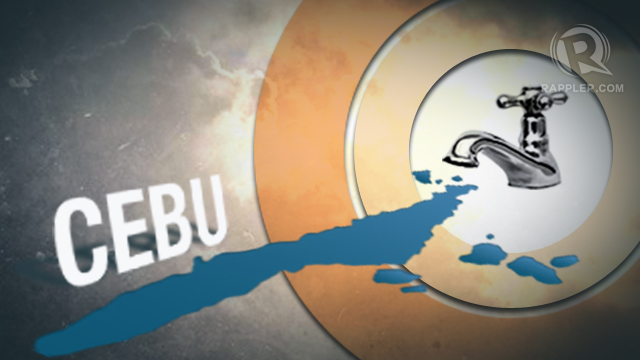
The 4th working day of 2013 has ushered in the start of announcements on Philippine business deals. SM Investments, now the country’s most valuable company and controlled by the country’s richest man, entered into a joint venture with the Waltermart group, pending due diligence. It’s considered a boost to the retail reach of both groups, which cater to Filipino consumers whose spending support the robust Philippine economy. Meantime, a public-private partnership deal has led two big business groups and rivals to join hands anew in a bulk water supply project in Cebu, the second biggest local economy. The water units of Metro Pacific Investments Corp, led by businessman Manuel V. Pangilinan, will infuse additional equity into the project led by consortium partner and telco competitor, Ayala Corp.
Read more on Rappler here and here. - ‘Execution more important than idea’

Three years into his first attempt as a startup CEO, Adam D’Angelo, also known as Facebook’s first former chief technology officer, shared in an interview lessons he learned from his days at the giant social media firm that he applied in Quora, a reputation-based question-and-answer site he founded. “Execution is more important than an idea,” he stressed, adding that Facebook, too, was not a new idea but they focused on quality and getting to scale. On evolving as a business leader after being immersed in coding, he shared: “Get comfortable giving up control. Find people who do things better than you do.” But most of all: “Focus on the long term, and always do what’s right to grow the company and not make short-term decisions.”
Read more on Business Insider and Gigaom.com. - SC justice to handle Catholic-bashed RH Law has priests in family
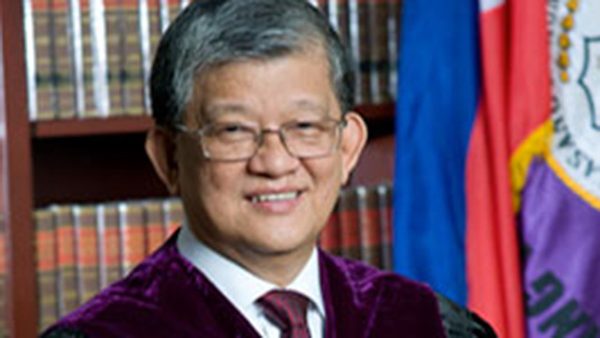
Supreme Court Justice Jose Mendoza will handle the petition against the Reproductive Health (RH) law, which the Catholic church in the Philippines actively campaigned against for decades. Mendoza, however, has two Catholic priests as brothers and another as a parish assistant, his biota published on the court’s website showed. Mendoza himself was appointed to the high court in 2010 with the backing of the Tuguegarao archbishop.
Read more on Rappler. - 1 in 5 employed Filipinos looking for additional jobs
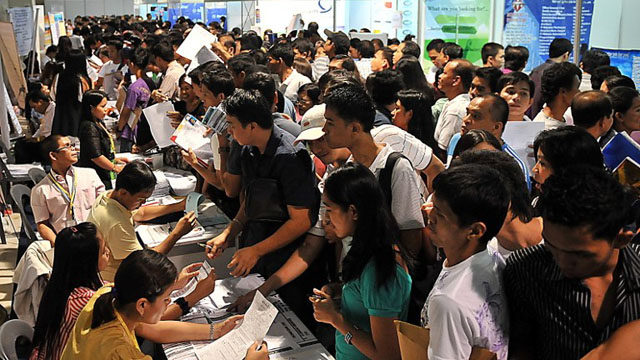
Despite growing at a pace faster than neighbors in Southeast Asia, the Philippine economy under the Aquino administration’s past 2.5-year-old term has yet to make an impact on creating new and “more quality” jobs. According to the Socioeconomic Report of the government’s economic planning body, the Philippines has slightly missed the 1-million new jobs target per year and marked by a period of large increases in part-time employment. Around one in 5 employed Filipinos are looking for longer work hours or additional jobs to make ends meet, the National Economic Planning and Development Agency said. Underemployment cuts across age and sex groups and is particularly pronounced among the less educated workforce and in regions where agriculture is the dominant sector. There were 8.546 million underemployed Filipinos in July 2012, more than thrice the 2.842 million underemployed in July 2011.
Read more on Rappler. - Brad Pitt to visit China, Google’s chair in North Korea

A Hollywood heartthrob and a high-profile executive chairman of a global business giant are eastward bound. Brad Pitt confirmed in his first entry on a verified account Sina Weibo, one of China’s hugely popular Twitter-like microblogs, that he’s visiting China, which had previously banned him after he starred in politically sensitive “Seven Years in Tibet.” Meanwhile, Google’s Eric Schmidt’s visit to North Korea as part of a US delegation is clouded in mystery. One speculation is that Google is positioning him as the company’s global ambassador following anti-trust issues in Europe and US, and Kim Jon Un’s recent speech about expanding science and technology as a way forward for North Korea.
Read more on Rappler, BusinessWeek, and NPR. - UNA is first in 2013 TV campaign ads, sorties
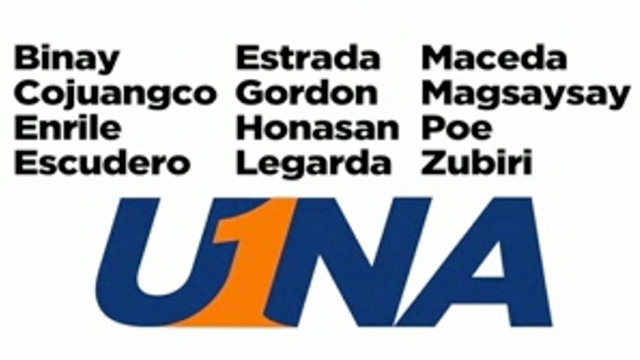
Opposition party United Nationalist Alliance (UNA), led by Vice Vice President Jejomar Binay, launched its first slate senatorial TV ad on ABS-CBN and GMA7 on January 7, a month before the start of the official campaign period (February 12 to May 11) for national candidates set by the Commission on Elections. While the ad did not explicitly ask viewers to vote for the UNA candidates, it introduced them and their advocacies. UNA also announced its first coalition-organized sorties ahead of the May 13 polls, beating the ruling Liberal Party (LP), which has yet to announce its slate sorties and air an ad featuring its senatorial ticket.Read more on Rappler.
- US, PH explain drone found off PH waters
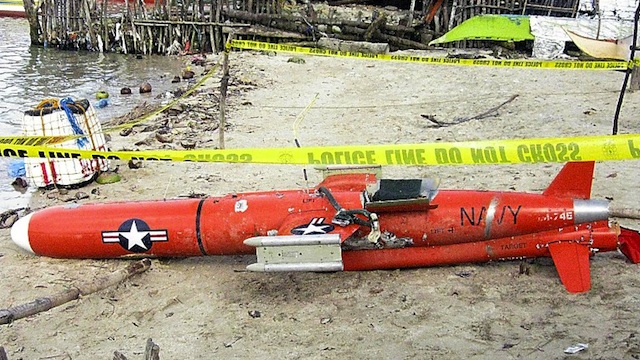
First, the US Embassy in Manila said the US drone found off the waters of Masbate in eastern Philippines was not used for surveillance but “the sort that is used as an air defense target in training exercises.” Then the Armed Forces of the Philippines (AFP) said it was being used in a drill outside Philippine territory and veered off course before crashing into the water somewhere in the Pacific Ocean and was just retrieved off Masbate. Rappler reported in March that US smart bombs delivered by a different model were used for the first time on Philippine territory in a February 2 attack on Abu Sayyaf and Jemaah Islamiyah terrorists. An activist group slammed the “unrestricted use” of US drones in Philippine airspace as “a violation of our national sovereignty.”
Read more on Rappler. - Hackers strike Sotto site ahead of Cybercrime Law’s court debate
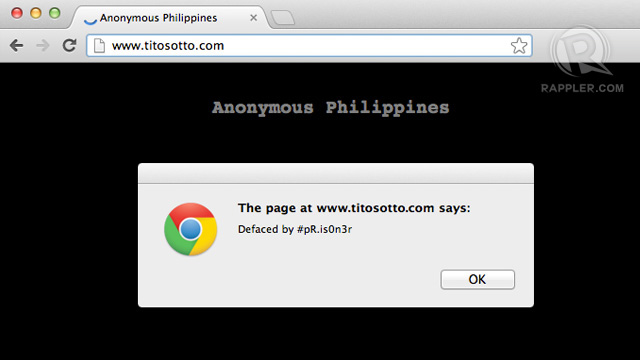
A week before the January 15 oral arguments on the Cybercrime Law at the Supreme Court, hackers, allegedly led by “Anonymous Philippines,” defaced the official website of Senate Majority Leader Vicente “Tito” Sotto III. The senator, who admitted he supported the online libel provision of the controversial law, just shrugged off the defacing of titosotto.com. The Cybercrime Law, which President Benigno Aquino III signed in September 2012, took effect in October but was not implemented following the Supreme Court’s 120-day temporary restraining order. Human rights groups, Internet users, bloggers, academics and journalists filed various petitions against the law, saying it gave the government too much power over netizens and violated freedom of expression and freedom of speech.
Read more on Rappler. - ‘Politics of plenty’ behind Brazil’s troubled ‘green energy’ model
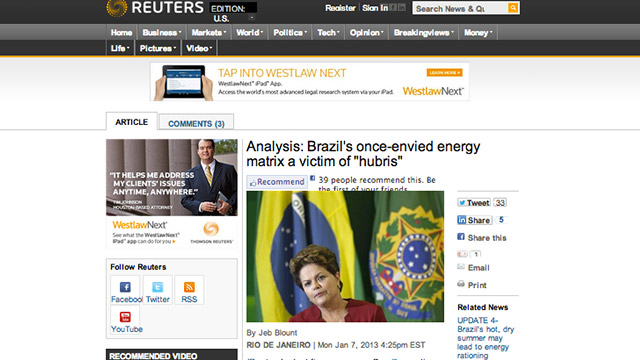
Brazil’s branding as an economy poised for superpower status through its “green” energy landscape is in trouble. Reuters Analysis shows that Brazil’s plans 5 years ago to capitalize on its home-grown sugarcane ethanol as the main automobile fuel and make renewable hydro power account for three-quarters of electricity were hit by one of the worst droughts in decades, and the heavy-handed government intervention at the expense of the private sector. The state’s role in forcing a 20% decline in electricity prices, the world’s 3rd highest, has turned off energy investors even if the country’s recently elected leaders meant this to control inflation and help stir the broader economy. Brazil’s economy likely grew less than 1% in 2012, one of the lowest rates in Latin America. At the core of the ongoing problems is a truism that Eurasia Group director pointed out: These lofty plans were bred from an excessive optimism during the rosy years. “Brazil has become a victim of the politics of economic plenty,” said Christopher Garman, Latin American director of the political risk and economic consulting group.
Fead more on Reuters. - US to still lead Top 3 economies; India to overtake UK

The US will continue to lead the world’s top economies for another decade, but China will narrow the gap as it produces 83% of U.S. annual output, according to London-based Centre for Economics and Business Research. The top economies will keep their ranking up to 2022 after their 2012 estimated gross domestic product (GDP) of $15.6 trillion (US), $8.2 trillion (China), $5.9 trillion (Japan) and $3.4 ( Germany) trillion. Asia’s rise and Europe’s downward slide is prominent in Cebr’s survey of 30 economies. India will overtake the British economy in 2017 and surpass Germany as the 4th largest economy. Fast-growing Indonesia is predicted to move from the 16th to 10th, with South Korea rising from 15th to become the 12th largest, and Thailand moving up from 30th to the 24th. Resource-rich Australia, currently the 12th, is predicted to fall behind South Korea and Italy, which is seen sliding from the 8th to the 13th. France is seen dropping from 5th to 9th, while Brazil is expected to hold the 5th spot, and Russia the 7th place.Read more from The Diplomat.
Add a comment
How does this make you feel?
There are no comments yet. Add your comment to start the conversation.